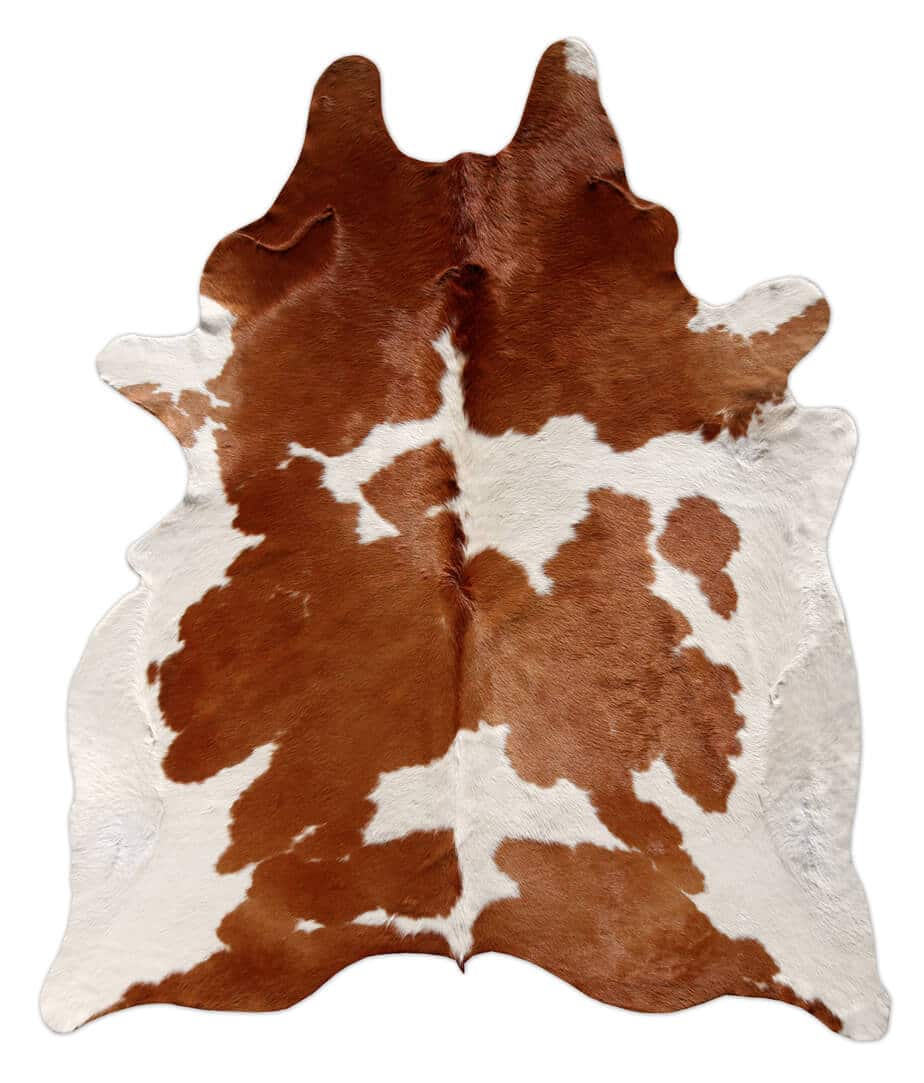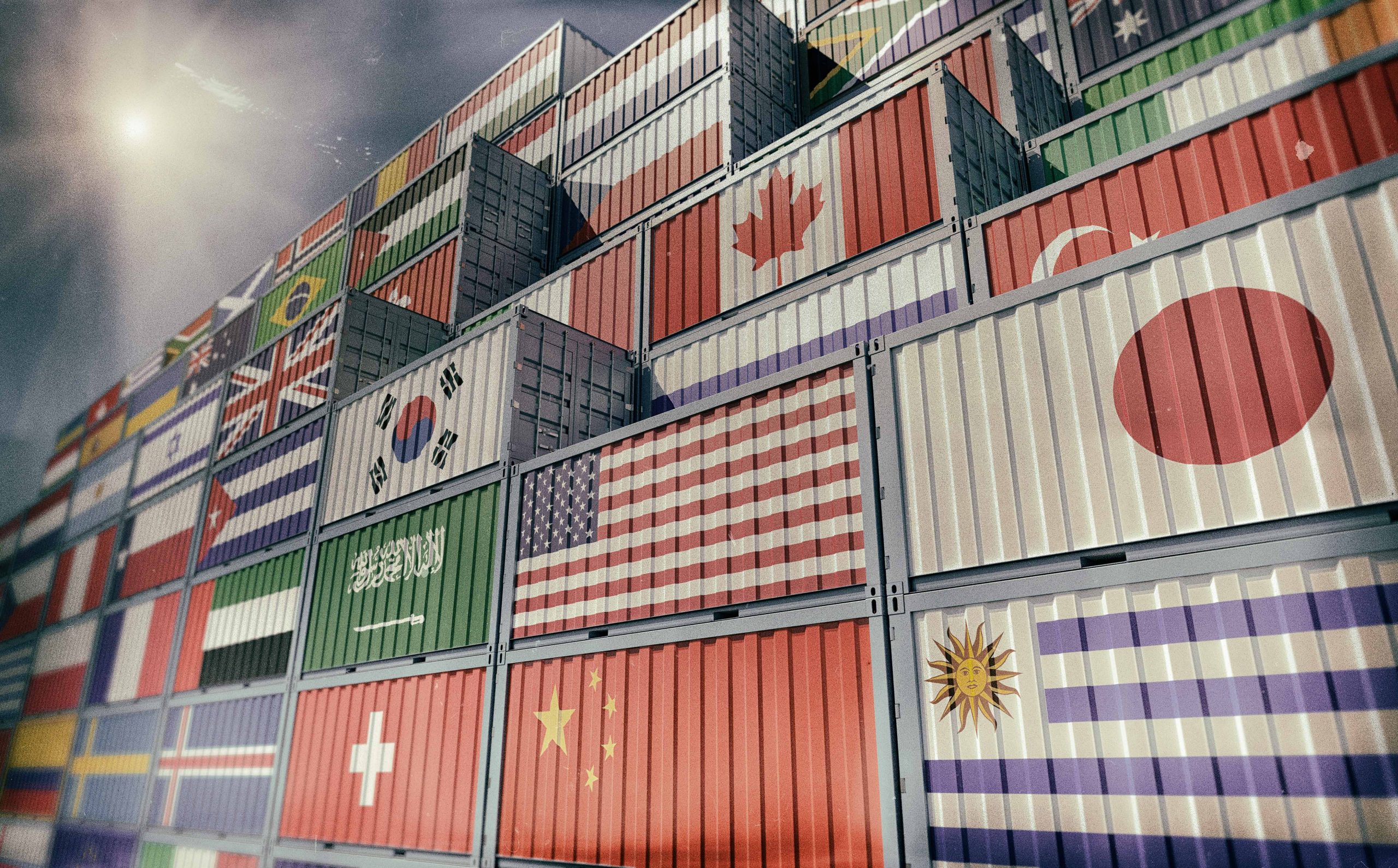The Complete Guide to Buying and Exporting Equine and Bovine Hides From Rwanda
The Complete Guide to Buying and Exporting Equine and Bovine Hides From Rwanda
In the last few decades, the global demand for leather has grown immensely. The supply has struggled to keep pace with it and the gap is increasing day by day. While the production of cattle hides has increased from 19 million in 2010 to 25 million in 2016, there is still a shortage of hides globally. There are some regions such as Eastern Europe, Central Asia and Africa that produce only raw hides and no finished leather. Consequently, this has led to an increase in prices of raw hides across all markets. If you’re looking to buy or export equine and bovine hides from Rwanda, this guide will give you everything you need to know about the market, including essential facts and industry standards, pros and cons of doing business there, suppliers and contacts, what licensing you might need to export your products successfully and necessary documentation.
What is the equine industry in Rwanda?
Horses are the most valuable livestock species in the country. Horses are used for agricultural purposes such as ploughing, transporting goods and people, and for riding. They are also used in the production of dairy, meat and eggs. The equine industry has considerable potential in Rwanda due to its large area of arable land, high population density and high percentage of people who depend on agriculture. The equine industry in Rwanda is largely focused on the production of riding horses. Riding horses are produced through crossbreeding, which is the mating of two different equine species. The most common crosses are between a thoroughbred mare and a zebra stallion. The main equine breeds found in the country are the zebra, thoroughbred, and the crossbreed. The zebra breed is the most common breed in the equine industry. The zebra breed is used for riding and draught work, while the crossbreed is used mainly for riding.
Bovine hides
Bovine hides are considered the most valuable by-product of the bovine industry. They are the hides of cows, heifers, and bulls used to make leather. They are the most commonly traded commodity by weight in the global leather market, accounting for about 50% of all traded leather. Bovine hide trading is a very interesting and profitable business. It is also a huge global commodity market, with millions of hides being traded every year. However, there are only a few countries that produce a considerable amount of hides. This makes it a very competitive market where a small change in prices or in demand can cause significant fluctuations in the market.
Bovine leather production in Rwanda
Bovine leather production in Rwanda is mainly focused on the production of cowhide leather. Cowhide is an important secondary product of the bovine industry. It is the hide of a cow that has already been slaughtered for meat production. Cowhide is used to make leather products such as car seats, handbags, shoes, and belts. Bovine leather production in Rwanda is low and only contributes to around 1% of its total exports. This is due to the small number of slaughterhouses in the country. In 2017, there were only five slaughterhouses in the whole country, with a total capacity of only 3,000 tonnes of carcasses per year. Bovine leather production in Rwanda is mainly exported to the European Union, due to its proximity and ease of export through the neighbouring country of Burundi.
Export of bovine hides from Rwanda
Rwanda mainly exports bovine hides to the European Union and the United States of America. The European Union is the biggest importer of bovine hides from Rwanda. Bovine hides are mainly exported through the land ports of Gatsibo and Banfora. Major air and sea ports are not operational for exports due to their geographical location. The main rules and regulations governing the export of bovine hides from Rwanda are the CITES, ETC, and the African Growth and Opportunity Act (AGOA).
Equine Hides
Equine hides are the hides of horses and other equine species. They are usually used to make equine leather products such as equine shoes, equine saddles, equine belts, equine handbags, equine gloves, equine car seats and equine upholstery. Equine leather production is a very old and traditional industry. Most equine leather products are made in rural areas by small scale producers with low production capacity and poor quality control. Equine leather products are mainly exported to the United States, Europe and Asia. The main importers of equine leather are the United States, Germany, France and Japan.
Export of equine hides
Equine hides are mainly exported through the land ports of Gatsibo and Banfora. Major air and sea ports are not operational for exports due to their geographical location. The main rules and regulations governing the export of equine hides from Rwanda are the CITES, ETC, and the African Growth and Opportunity Act (AGOA).
Licensing and Documentation for exporting Equine and Bovine Hides from Rwanda.
To export equine hides from Rwanda, exporters must have a valid licence issued by the Ministry of Livestock and Fisheries. To export bovine hides, exporters must have a valid licence issued by the Ministry of Trade and Industry. All equine and bovine hide exporters must comply with the CITES and ETC regulations. The exporter must have a valid COB number issued by the Rwanda Revenue Authority to export equine and bovine hides.
Conclusion
Bovine hides are the most commonly traded commodity by weight in the global leather market. They are mainly produced by cows and bulls mainly in Asia and South America, but there is a huge gap in the market for quality hides. Bovine hides are in high demand and are very profitable for investors. However, it is important to make sure you understand the industry and have the right contacts and knowledge before entering the market. If you’re looking to start buying and exporting equine and bovine hides from Rwanda, this guide will give you everything you need to know about the market, including essential facts and industry standards, pros and cons of doing business there, suppliers and contacts, what licensing you might need to export your products successfully and necessary documentation. With this knowledge and the information in this guide, you’ll be well on your way to success in the equine and bovine hides industry.








LEAVE A COMMENT
You must be logged in to post a comment.